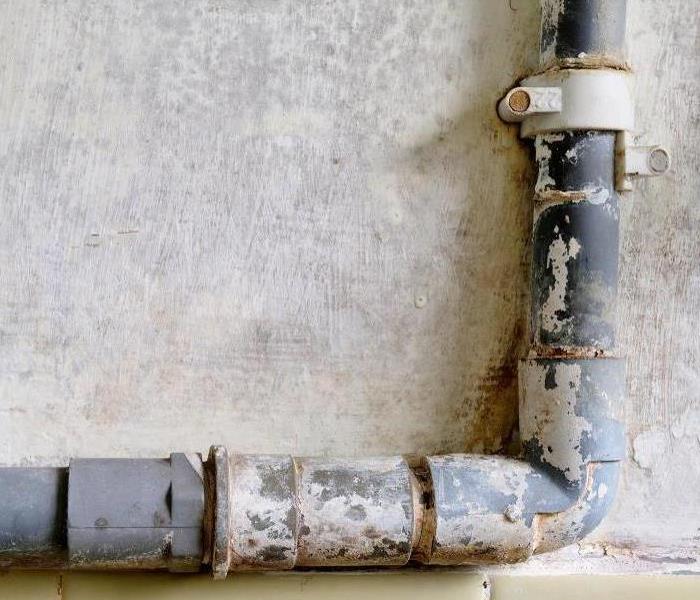Protect your home from Water Damage
3/7/2023 (Permalink)
Water damage is one of the most common problems homeowners face. It can range from small leaks and moisture stains to major floods that destroy your home’s structure. If you suspect that there’s water damage in your house, don’t hesitate to call a professional for help. This guide will give you some tips for preventing water damage in your home so that you don't have to deal with this issue before it becomes a problem!
Check your house for signs of water damage.
Check the basement, attic and crawl spaces. Look for signs of water damage on the walls and floor. Keep a check on windows and doors for signs of water damage, especially after a storm or flood.
Keep an eye on your water bill for unusual spikes.
One of the best ways to tell if your home has experienced water damage is by checking the water bill. If you notice an unusual spike in your usage, it could be an indicator that there's been some type of leak or flooding in your house.
If this happens, check around for signs of damage--a burst pipe may have caused wet carpeting or walls; a leaking roof could mean mold growth on wood surfaces (like in basements). If there are no visible signs of damage, call up your utility company right away so they can come out and check their meters before any more charges get added onto your bill.
Look for signs of wear in your pipes and faucets.
Look for signs of wear in your pipes and faucets. If you see any, it's time to call a plumber.
Faucet washers can wear out over time, causing water leaks that lead to costly repairs or replacement. The same thing can happen with pipes if they're exposed to hard water or acidic solutions (like bleach), which corrode them from the inside out.
Look out for cracks in the foundation of your home.
If you notice cracks in the foundation walls, or if there are any holes in the floorboards and wallboards, it may be time to call a professional. The best way to ensure that your home is safe from water damage is by getting an inspection. If you do find signs of water damage after a storm or flood, contact a contractor immediately so they can fix the problem before it gets worse.
Regularly clean out the gutters on your house.
Regularly cleaning the gutters on your home is one of the best ways to prevent water damage. If you don't clear debris from your gutters, leaves and other debris can clog them, causing water to back up in your home. To avoid this, remove leaves from the gutter before they have a chance to block it. You should also make sure that rainwater isn't pooling on top of a leaf pile or other type of obstruction, if there is too much pressure against these barriers, they may give way and allow water into places where it shouldn't go--like behind walls or under floors.
Make sure that you're not overwatering your lawn.
Overwatering is another major cause of water damage to your home. When you have a lawn, it's important to make sure that you're not overwatering it. Overwatering can cause root damage and lead to disease or insect infestations, which will damage the grass even more.
The best way to prevent this is by using a soil moisture meter and watering deeply but infrequently (once per week). You should also use a sprinkler with a low flow rate so that there isn't too much pressure on the roots when they are exposed during watering cycles.
Preventing water damage
Preventing water damage is much easier than dealing with it once it occurs. Water damage can be very expensive to fix. If you don't want to spend the money or time that comes with repairing water damage, make sure there's no standing water in your home by checking sinks and tubs regularly for leaks (and fixing them when necessary).
We understand that water damage can be a stressful situation to deal with, but the good news is that there are many things you can do to protect yourself from it. Water damage can be expensive and time-consuming to repair, so taking steps now will help ensure that your home stays dry for years to come!




 24/7 Emergency Service
24/7 Emergency Service
